PHI Management
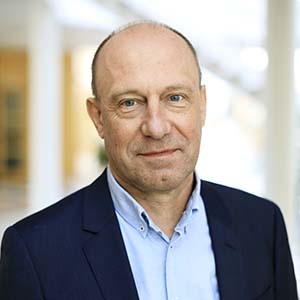
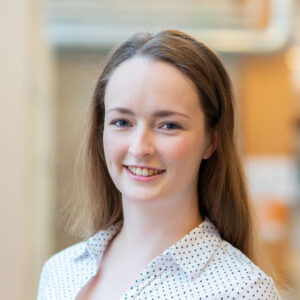
Board of Directors
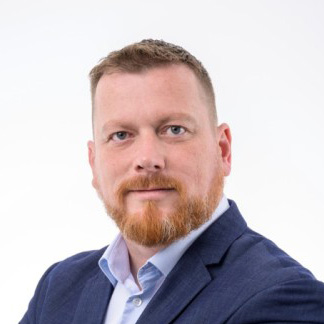
Goran Dubravčić (Chairman of the Board, born 1979) is the CEO of Altium SA. Altium is a private investment company based in Switzerland with a rich history of success, growth, and stability. As an international distributors company network, Altium delivers targeted and efficient solutions to various markets, including life science and chemical analysis.
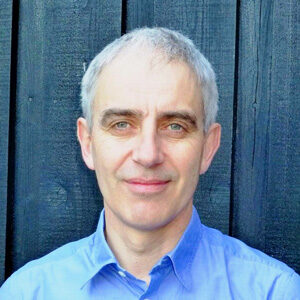
Petter Björquist (Board Member, born 1965) joined Cellartis as VP of Regenerative Medicine soon after it was founded in 2001. Since its foundation, Cellartis (now Takara Bio Europe AB) has continued to provide embryonic stem cell cultures for regenerative medicine applications. Petter is currently the CEO of VERIGRAFT AB. Verigraft generates personalized tissue-engineered transplants for use in regenerative medicine. He also serves on the board of Stimuliver ApS, a Copenhagen biotech firm specializing in cell therapies for liver diseases, and ATMP Sweden, a leading network in Swedish regenerative medicine. Additionally, he advises the global organization Alliance for Regenerative Medicine (ARM).
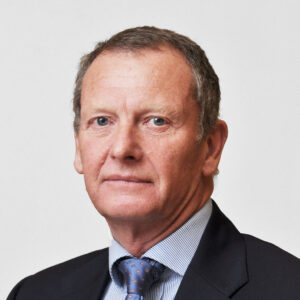
Mats Lundwall (Board Member, born 1948) has a comprehensive and successful international career, with many years of overseas experience in the pharmaceutical and biotechnology sectors, predominantly in vital CEO roles. As CEO, he significantly contributed to Ferring Pharmaceuticals’ international growth and the consolidation of its global operations. Throughout the years, he has been instrumental in various transactions, forming a prominent international group spanning pharmaceutical, chemical, and diagnostic businesses (Nordic Drugs, Q-Pharma, Eurodiagnostica, Polypeptide). Moreover, he served as the CEO of Santaris Pharma A/S and Cellartis AB, both venture capital-backed companies, which were successfully developed and subsequently sold. Mats has held, and continues to hold, numerous board positions in the international sector, both as a member and as a chairman.
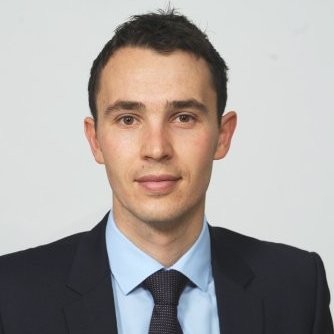
Ivan Jurkovic (Board member, born 1984) is an experienced financial executive with experience in the pharmaceutical industry, beverage industry and IT industry. Mr Jurkovic currently holds the position of Chief Financial Officer at Altium SA. As part of his role at Altium, Mr Jurkovic is responsible for Altium’s financial operations in nine countries and drives the development of financial strategy, risk management and sustainable growth. Previously, Jurkovic was an advisor to Coca-Cola Hellenic Bottling Company (12/2016 – 09/2020), where he supervised a revenue stream of over €200 million across three countries.
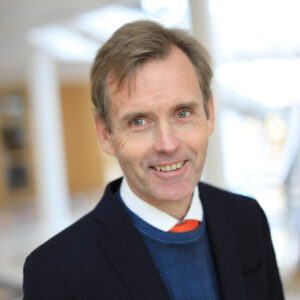
Peter Egelberg (Board member and founder of PHI, born 1963) has an extensive background in physics and computer engineering. Instead of relying on a microscope lens to create the image, Peter’s groundbreaking idea in 2000, which led to the foundation of PHI, was to record the light information that a computer algorithm requires to produce the image. This approach, offering several advantages, is today known as quantitative phase imaging and is set to fully replace the soon 100-year-old microscopy method commonly used to observe living cell cultures in regenerative medicine, conventional medical research and drug development.
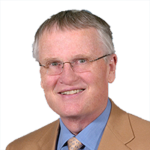
Leland Foster (Board Member, born 1946) previously served as CEO of HyClone Laboratories, Inc., a pioneer and leading global supplier of cell culture media with animal serum. Through the acquisition of Hyclone’s parent company, Perbio Science AB, where he was CEO, HyClone became a part of the Fisher Scientific Biosciences Group, for which he was appointed as the CEO. With the merger of Fisher Scientific and ThermoElecton, forming ThermoFisher Scientific — one of the largest global biopharma suppliers today, he took on the role of Chief Scientist following the merger.
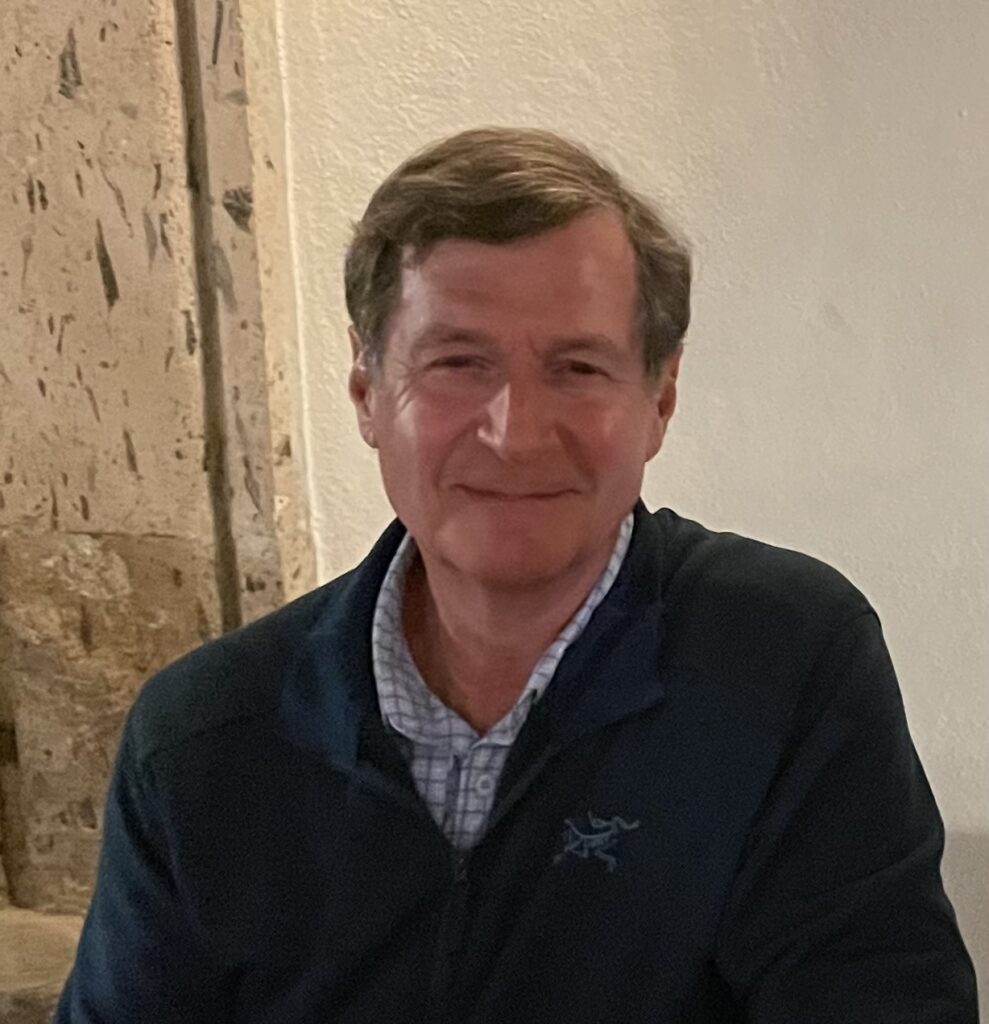
At the merger of Thermo and Fisher, Ron Lowy (Advisor, born 1955) succeeded Leland as President and CEO of the Fisher Scientific Bioscience Group when Leland was appointed CTO of Fisher Scientific. After the merger, Ron remained in his role while Leland took the position of Chief Scientist for Thermo Fisher. Ron currently serves on the boards of several medical equipment, experimental design platforms, and drug discovery companies, including as Chairman for Magnolia Medical Technologies, a company enhancing the precision of blood culture analyses.

Patrik Eschricht (CEO, born 1964) formerly served as the Chief Financial Officer for PHI and assumed the role of CEO in February 2023. Patrik has extensive experience steering companies through rapid international expansion. He played a pivotal role in the growth of SWECO Centra Europé AB, during which the company’s workforce grew from 50 to 1,200 employees between 2005 and 2008, all while maintaining profitability.